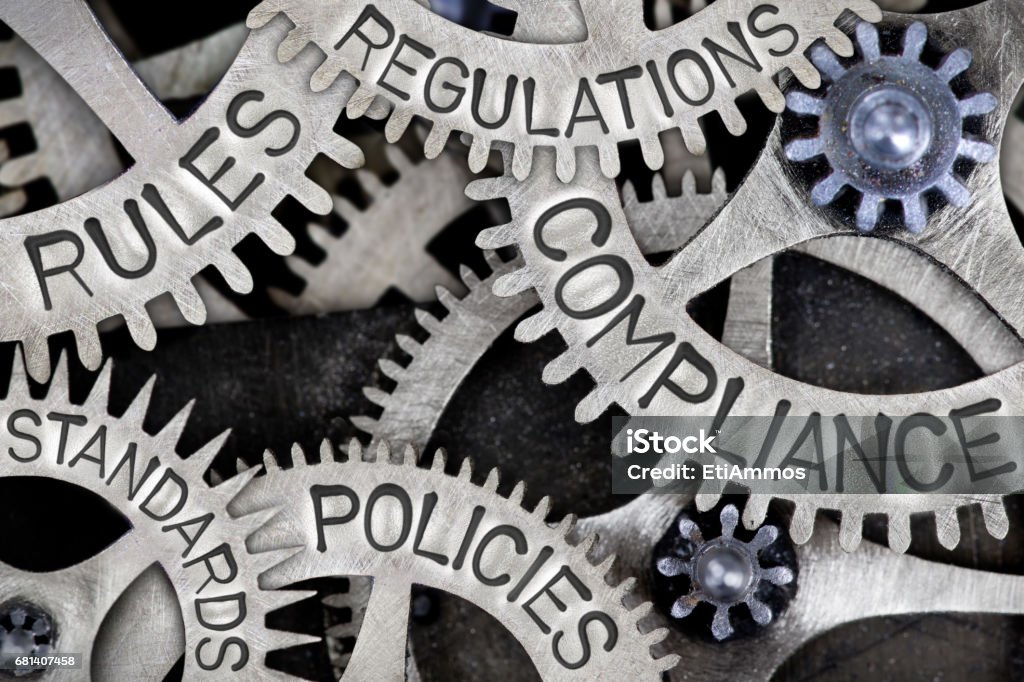Moving to a new city can be both exciting and intimidating. There are so many things to consider, from finding a job to figuring out where you’re going to live. Hiring a professional Movers Brampton company for carrying out your move is also a daunting task to do. And if you’re looking to buy a house, the process can be even more complicated. But is buying always the best option? Let’s take a look at the pros and cons of both renting and buying to help you make the best decision for your situation.
1. Introduction
When it comes to deciding whether to buy or rent a home, there are several factors to consider. If you’re planning on staying in one place for a long period, then buying may be the best option. Not only will you build equity in your home, but you’ll also have the stability of a fixed monthly payment. However, if you’re not sure how long you’ll be staying in one place or if you’re looking for more flexibility, then renting may be the better choice. Renting gives you the freedom to move without having to sell your home, and you won’t be responsible for any maintenance or repairs. Ultimately, the decision of whether to buy or rent comes down to what’s best for your individual situation.
2. The Pros of Renting
For many people, the biggest advantage of renting is the flexibility it offers. If you rent, you can usually give your landlord notice that you plan to move and be out of your rental unit within a month or two. This can be a big advantage if you have a job that requires you to move frequently or if you simply like to change your living situation often. When you own a home, on the other hand, it can take months (or even years) to sell your property, which can make it difficult to move on short notice. In addition, renting usually requires less of a financial commitment than owning, which can give you more freedom to pursue other goals, such as travel or starting a business.
When you rent a home, you don’t have to worry about maintaining the property or making repairs. This can be a major advantage, especially if you live in an older home. Also, your monthly expenses are typically lower when you rent because you’re not responsible for paying property taxes or insurance. But overall, renting can be a great option, especially if you’re not ready to commit to owning a home.
3. The Cons of Renting
Renting comes with several disadvantages. Perhaps the most significant is that you’re not building equity in a property. When you rent, you’re essentially paying someone else’s mortgage; as a result, you’ll never see a return on your investment. Furthermore, renting can be expensive; over time, you may end up paying more in rent than you would on a mortgage. And finally, renters have little control over their living environment; if the landlord decides to sell the property or raise the rent, you’ll be forced to move.
One of the biggest disadvantages of renting is that your landlord could raise the rent or sell the property, leaving you scrambling to find a new place to live. While you may have a lease that protects you from eviction, most leases can be easily broken by the landlord with little notice. As a result, you could find yourself suddenly homeless and forced to start your search for a new place all over again. In addition, even if your landlord doesn’t raise the rent or sell the property, they could still make your life difficult by being unresponsive to repair requests or constantly changing the rules. Lastly, renting causes regular moving costs. Every time you move you need a professional Removalists Brisbane company to move otherwise your furniture can damage if you hire low-rated movers after regular intervals.
4. The Pros of Buying
Some of the biggest pros when it comes to buying a house is that you are building equity in a property. What this means is that as time goes on and you keep up with your mortgage payments, you will own more and more of your home. Whereas, if you were to rent a property, you would never actually see any increase in your equity as the landlord would be the one reaping the benefits. Not only does this build long-term wealth for yourself, but it also provides you with a safety net should anything unexpected come up financially. In other words, owning your home outright gives you a lot of financial security that renting simply cannot provide.
When you are a homeowner, you have more control over your living situation than when you are renting. If you want to make changes to your home, you can do so without having to get permission from a landlord. You also don’t have to worry about being asked to move out with little notice if the owner needs to sell the property or wants to use it for themselves. As a homeowner, you can also be more certain of the monthly cost of your housing expenses as they are unlikely to change as long as you maintain your mortgage payments. This can give you peace of mind and help you to budget more effectively. The cost of moving is also one time. Therefore, you can hire a good professional Movers Missisauga company for your move. Overall, owning your own home provides greater stability and control than renting does.
There are many factors to take into consideration when deciding whether to rent or buy an apartment. If the primary purpose of your housing is for investment purposes, buying may be a better option as it will give you a higher return over time. However, if the primary purpose of your housing is for living in and not investment purposes, renting may be a better option because it will likely have less maintenance costs and fewer complications over time. Check out an apartment for rent in Savannah.
5. The Cons of Buying
While there are certainly some benefits to owning your own home, there are also several drawbacks that you should be aware of. First of all, if you own a home then you are tied to one location. This can be a good thing if you love the area where you live and don’t want to move, but it can also be a major downside if you end up needing to relocate for work or family reasons. Additionally, as a homeowner, you will be responsible for all repairs and maintenance on your property.



